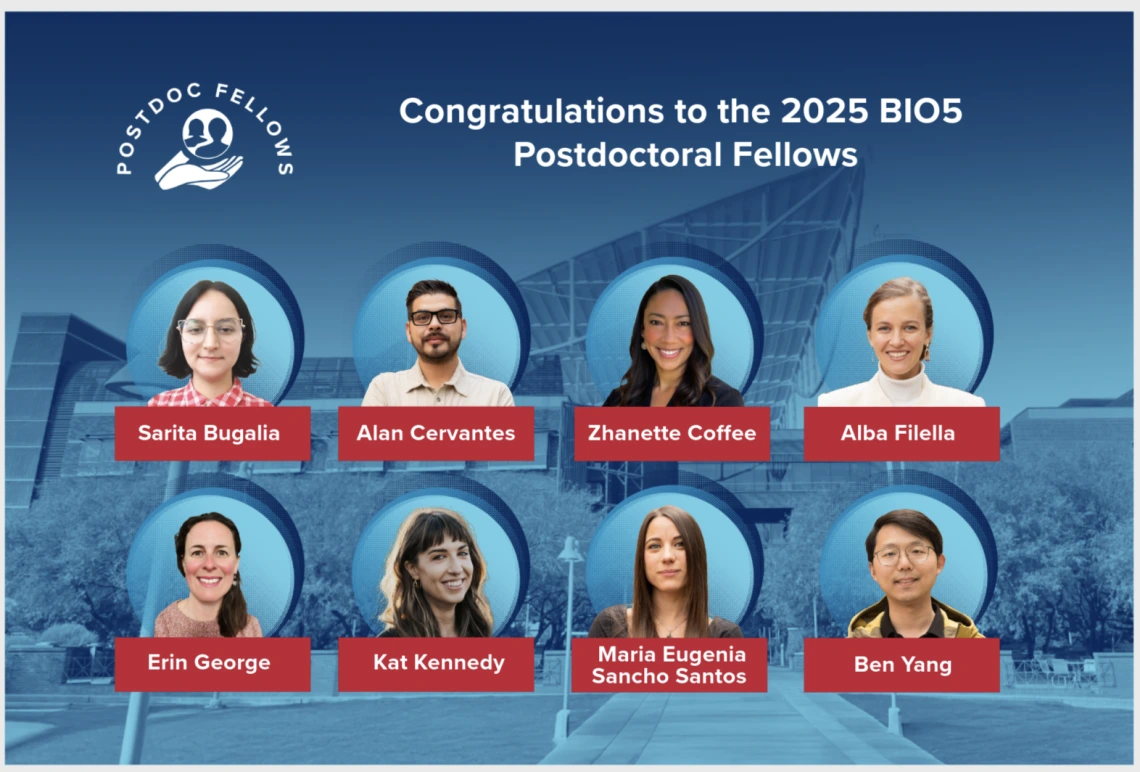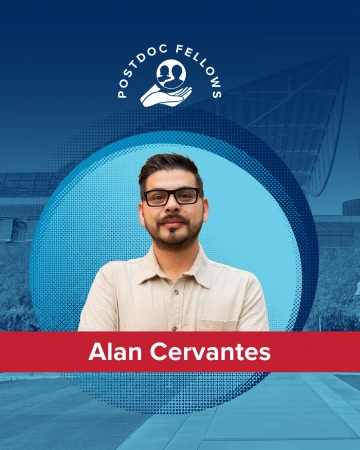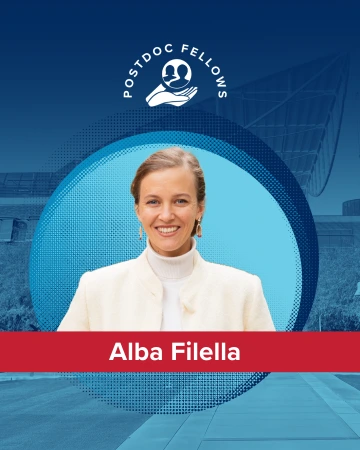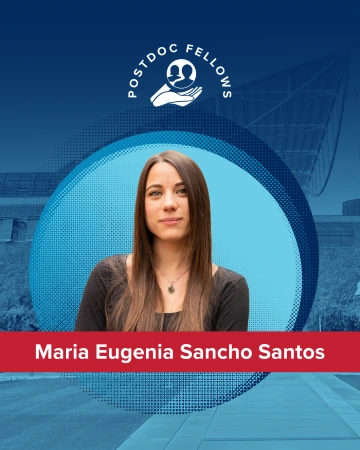BIO5 Institute welcomes 2025 cohort of postdoctoral fellows
Eight exceptional postdoctoral researchers have been selected for the BIO5 Postdoctoral Fellowship, designed to advance interdisciplinary scholars in their career development.

Through financial support and professional development opportunities, the year-long fellowship through the BIO5 Institute helps talented University of Arizona postdoctoral researchers elevate their careers.
The seventh year of the BIO5 Postdoctoral Fellowship marked the most competitive to date, with the largest and most diverse group of applicants from across the University of Arizona campus in terms of research.
“From a record number of applications, we selected an outstanding cohort representing five colleges and eight various departments across the University of Arizona,” said Jennifer Barton, director of the BIO5 Institute, “These talented researchers embody the collaborative, interdisciplinary spirit of BIO5, and we're thrilled to support their work as they push the boundaries of discovery in bioscience.”
Recognizing the importance of investing in the success of postdoctoral researchers, BIO5 member Michael D.L. Johnson, associate professor in the Department of Immunobiology at the U of A College of Medicine – Tucson, founded the fellowship in 2019 with support from BIO5 leadership to promote cross-disciplinary projects that align with the BIO5 mission.
Including this year’s cohort, more than 55 BIO5 Postdoctoral Fellows have received $5,000 each to support their scientific projects and develop the skills necessary to become independent researchers in their fields. The award can be used for workshops, conference travel, or visiting peer labs to foster collaborations. Each fellow partners with a BIO5 member as their primary mentor and establishes a mentoring committee to provide guidance on grant applications, career advice, and job talk preparations.
This project is supported in part by the voter-approved Technology and Research Initiative Fund (TRIF) that helped launch BIO5 over 20 years ago. The U of A reinvests TRIF funding into projects that will spur research, technological innovation, and workforce development that benefit the people of Arizona.
Learn more about the interdisciplinary projects of the 2025 BIO5 Postdoctoral Fellows.








